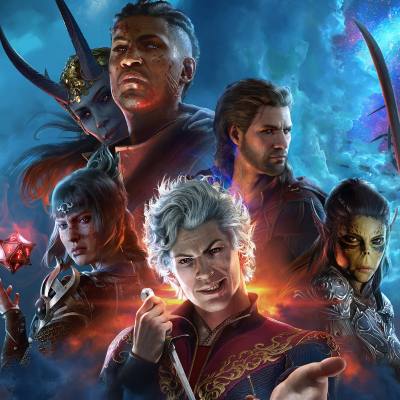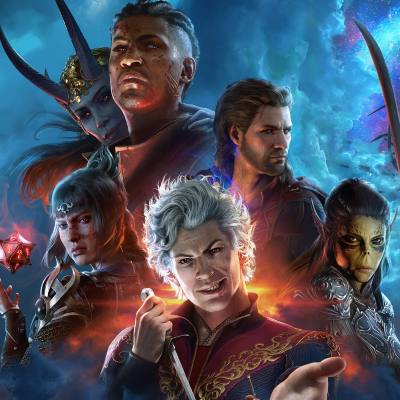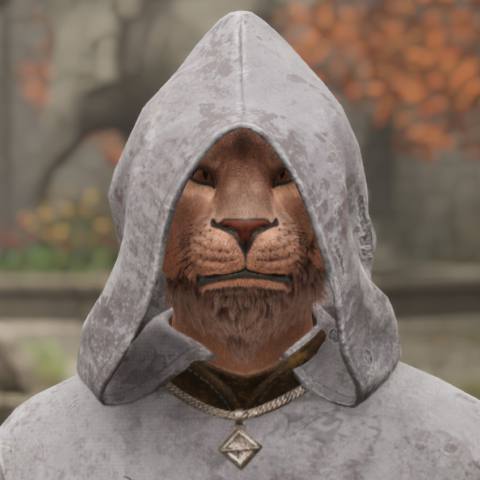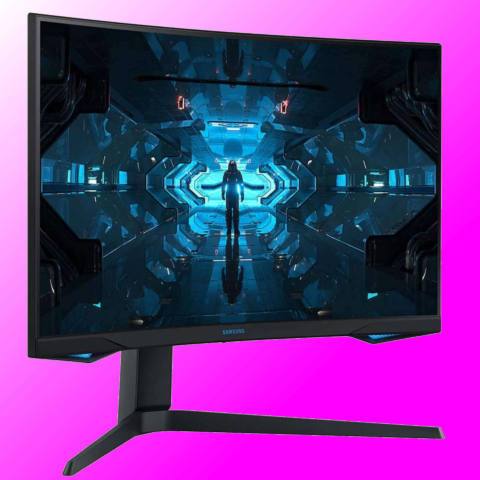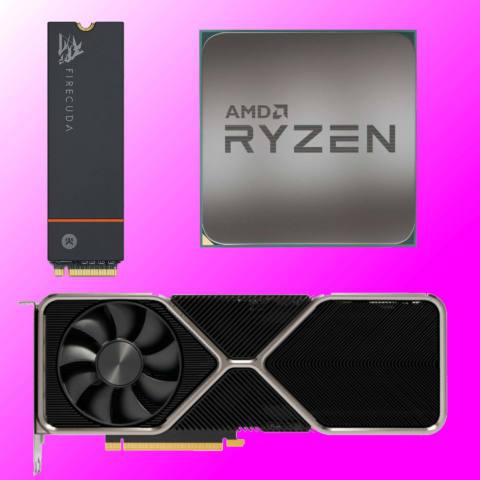I love my Nintendo Switch—I’m a PC gamer first and foremost, but the hybrid console created this entirely new niche in my play habits and rekindled an appreciation for Nintendo games I hadn’t really felt since the GameCube/Game Boy Advance era. Sometimes though, I look at wee Paper Mario running across the screen, this sweet totem of my childhood, and think: “Damn, the company that made this ruined a guy’s life over 3DS piracy.”
Nintendo casting itself as the games industry’s own legal Terminator doesn’t seem to have impacted its fortunes—it’s enjoying one of the greatest hardware successes in its long history with the Switch—but these aggressive legal tactics may hurt the company in time, damaging its reputation in the name of questionable, difficult to quantify ends. Worse, it’s hurting videogames in general.
Bad for the Industry
I’m no fan of Palworld’s attempt at a survival game with Poké characteristics, but I find it hard to see Nintendo’s patent lawsuit as being anything but bad for competition and creativity in the industry. Warner Bros famously trademarked the nemesis system from its Mordor games and then sat on it, the system’s promised use in an upcoming Wonder Woman game having yet to materialize. God forbid an independent developer attempt something similar.
In a medium built on imitation and iteration—FPSes were once called “Doom clones”—a high-profile legal effort to punish that behavior strikes me as short-sighted, and bad for gamers. What if Nintendo had patented Wario Land’s level escape mechanic, and brought it to bear against Pizza Tower, which refined and expanded the concept? Palworld is clearly derivative, maybe even to the point of being tasteless, but in making an example of it, Nintendo’s actions may scare off other, worthier games in the future.
We recently saw a helpful example of the knock-on effect videogame publishers’ litigiousness can have on our gaming lives: Modder iArtoriasUA removed their popular PlayStation Network log in-removing hack from the God of War Ragnarök Nexus, entirely in anticipation of legal action from Sony. Similarly, artists and fan game makers have learned to dread achieving the amount of attention and publicity that could draw Nintendo’s eye.
Bad for Nintendo
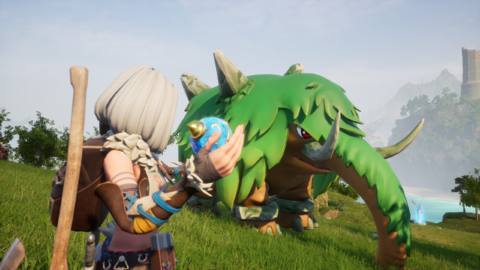
Burnishing the reputation of ‘Nintendo, the life-ruining legal entity’ inherently comes at the cost of ‘Nintendo, the lovable toymaker.’
An analysis of Nintendo’s history of IP lawsuits shows a pattern of absurd, overwhelming force brought to bear against smaller actors: The ugly case of Gary Bowser—sent to prison and now working off a $14.5 million debt while experiencing chronic pain from the effects of elephantiasis, all over the sale of piracy-enabling 3DS hardware—or mass copyright-striking YouTubers over soundtrack music. But even in the case of direct piracy like Bowser engaged in, has the company’s bottom line really benefited from going after marginal players with such aggression? How much of Nintendo’s estimated $65 billion market cap can seriously be attributed to its legendary litigiousness?
Palworld is even less of a direct threat to Nintendo’s interests than pirates, a surprisingly successful imitator that the company seems compelled to punish solely to save face. The whole “Pokémon with guns” reputation and use of Pokéball-like “Pal Spheres” (potentially the crux of Nintendo’s patent case) read as parody to me, an impish skewering of the globally-recognized Pokémon brand, and far from an existential threat to Nintendo’s precious IP. Further, Palworld occupies a genre and audience (survival crafting on PC) Nintendo has never seemed particularly interested in.
The timing is particularly baffling: Nintendo did not strike when the iron was hot and everyone was talking about Palworld and Pokémon, and at this late date, why bother? The greatest heights of Palworld’s success were clearly driven by the memetic catchiness of its Pokémon parody, now it’s just another survival crafting game with a stable enough core community—see also Valheim or Sons of the Forest. Palword has faded into the background, a brief curiosity overshadowed by 2024’s far more enduring megahit, Helldivers 2. Just in time for everyone to have largely forgotten about Palworld and moved on, Nintendo has swooped in to announce: “In case you’ve forgotten, they’re the little guy, and we are huge, awful bullies.”
Palworld was never a threat to Nintendo’s profits or market share, but the publisher is bringing the hammer down regardless, seemingly compelled to remind us of its insecurity as an industry-leading, globally recognized company, an insecurity that runs so deep it just can’t help itself from calling in all the artillery it can muster on a largely unrelated, not-even-rival.
Burnishing the reputation of “Nintendo, the life-ruining legal entity” inherently comes at the cost of “Nintendo, the lovable toymaker.” It’s a tension that I think will one day affect the company’s bottom line: I’m certainly considering disengaging from Nintendo products, even as rumors fly about the upcoming Switch 2. And even if its profits are secure for now, it’s hurting fans, game developers, and gaming in general, which can’t be good for anyone, Nintendo included.

